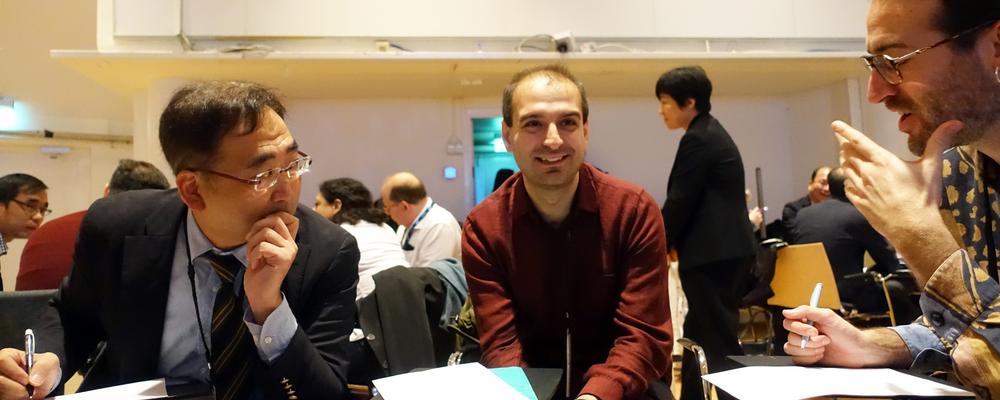The new project, MIRAI 2.0 runs for three years and aims to strengthen the collaboration between Sweden and Japan within education, research and innovation. It focuses on early career researchers and scientific issues within ageing, sustainability, material science, innovation and entrepreneurship.
“Both countries are facing similar societal challenges, for example an ageing population, and both are in the frontline of science, technology and innovation says Eva Wiberg”, Vice-Chancellor at the University of Gothenburg.
MIRAI means future
MIRAI means future in Japanese. The first phase of the project ran from 2017-2019 and resulted in several joint project proposals and successful research collaborations. Hence, at the end of that project participating universities agreed on a jointly funded continuation of the project that was named MIRAI 2.0.
Since then, more universities have joined and the consortium now consist of 19 universities in both countries. The project is coordinated by the University of Gothenburg and Nagoya University in Japan.
“As the project is now entering into a new phase we’ll concentrate on making use of everything that we’ve learnt and built over the past three years to create excellent opportunities for a long-term fruitful research collaboration. MIRAI 2.0 will also have a greater focus on innovation and collaboration between academia, funding agencies and industry”, says Eva Wiberg.
Kick-off October 7-8
Most part of the programme for the Kick-off organised on October 7-8 is open to everyone who wants to attend. Hopefully, the event will attract a broad audience with both researchers, university management and funding agencies.
On day one researchers will present their results and experiences from the first phase of MIRAI
- An attempt to develop smart bacterial-nanoparticle interfaces through chemical engineering to afford improved energy harvesting (material science)
- A comparative study of how Sweden and Japan conserves, restores and uses its’ wetlands, vital habitats for many species and with important nutrient removing properties. (sustainability)
- A study of the consequences for the elderly of changing family behavior and an increasing number of one-person households. Japan has a much higher share of elderly living with adult children. (ageing)
- Activities for increasing academia-industry collaboration and deepening understanding of innovation systems in both countries. (innovation and entrepreneurship)
Moreover a scientific webinar on Covid-19 is organised on October 8.
More information about MIRAI 2.0 and the upcoming Kick-off is found on the website www.mirai.nu
Text: Hanna Wedel
